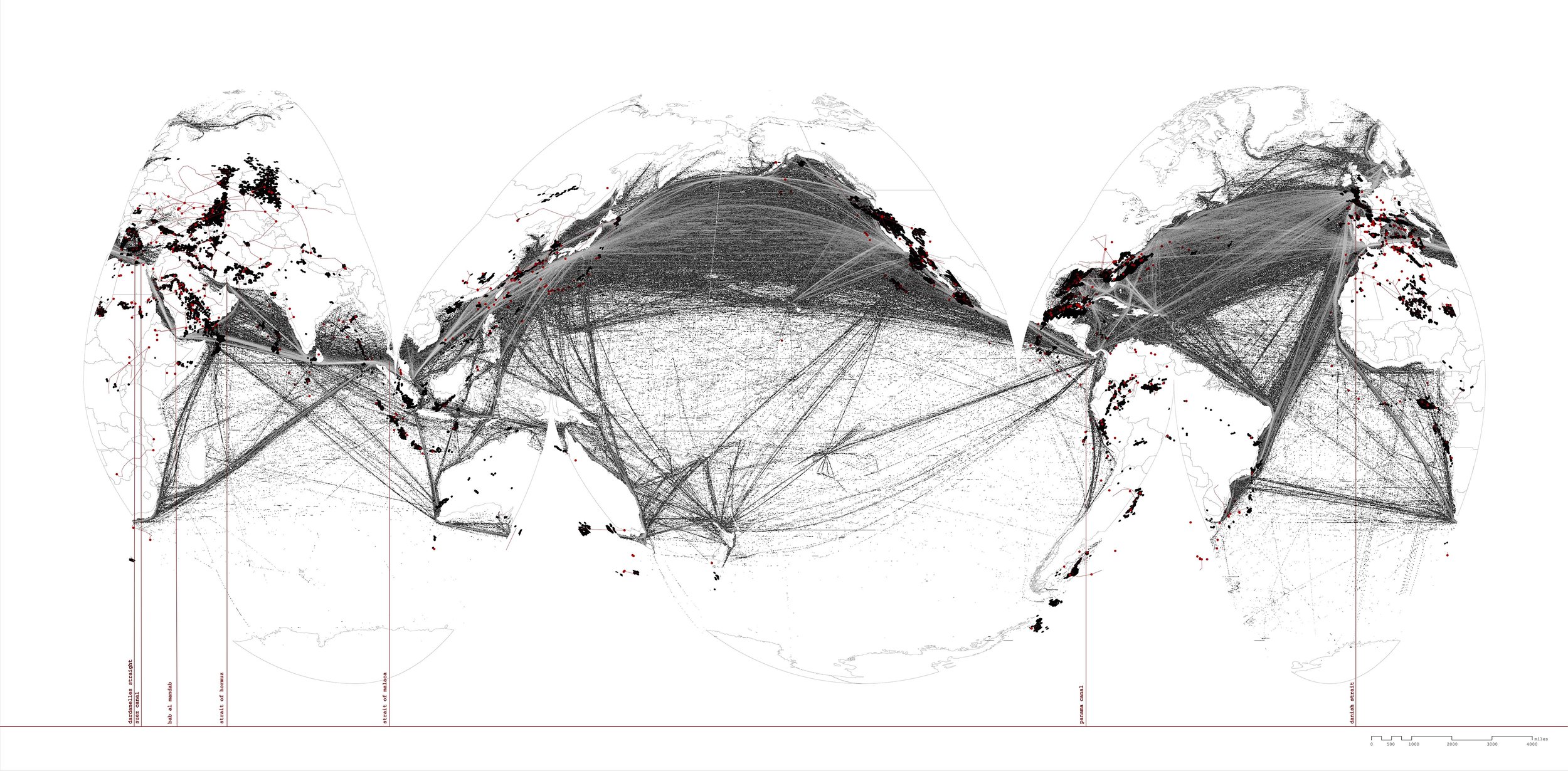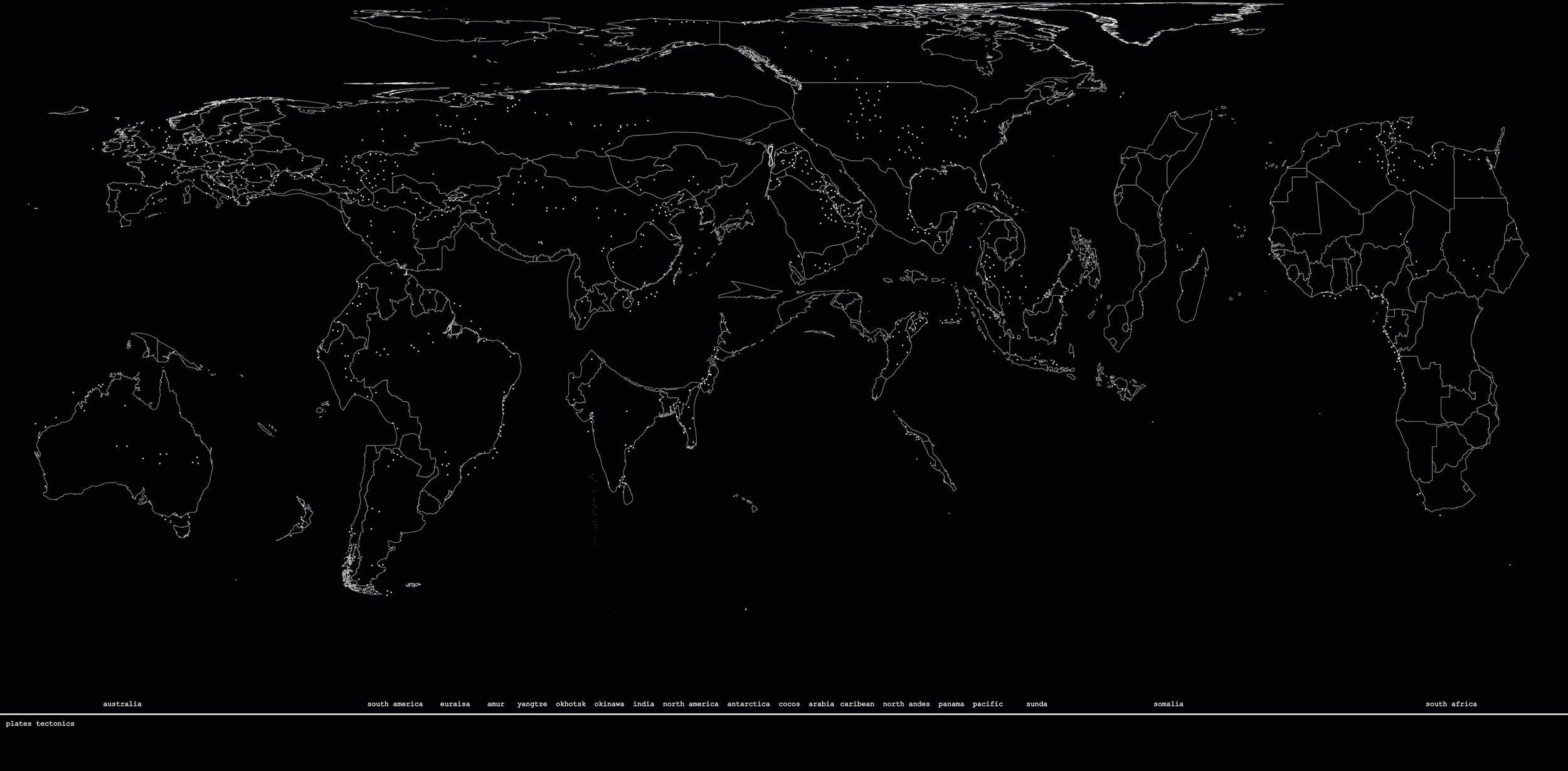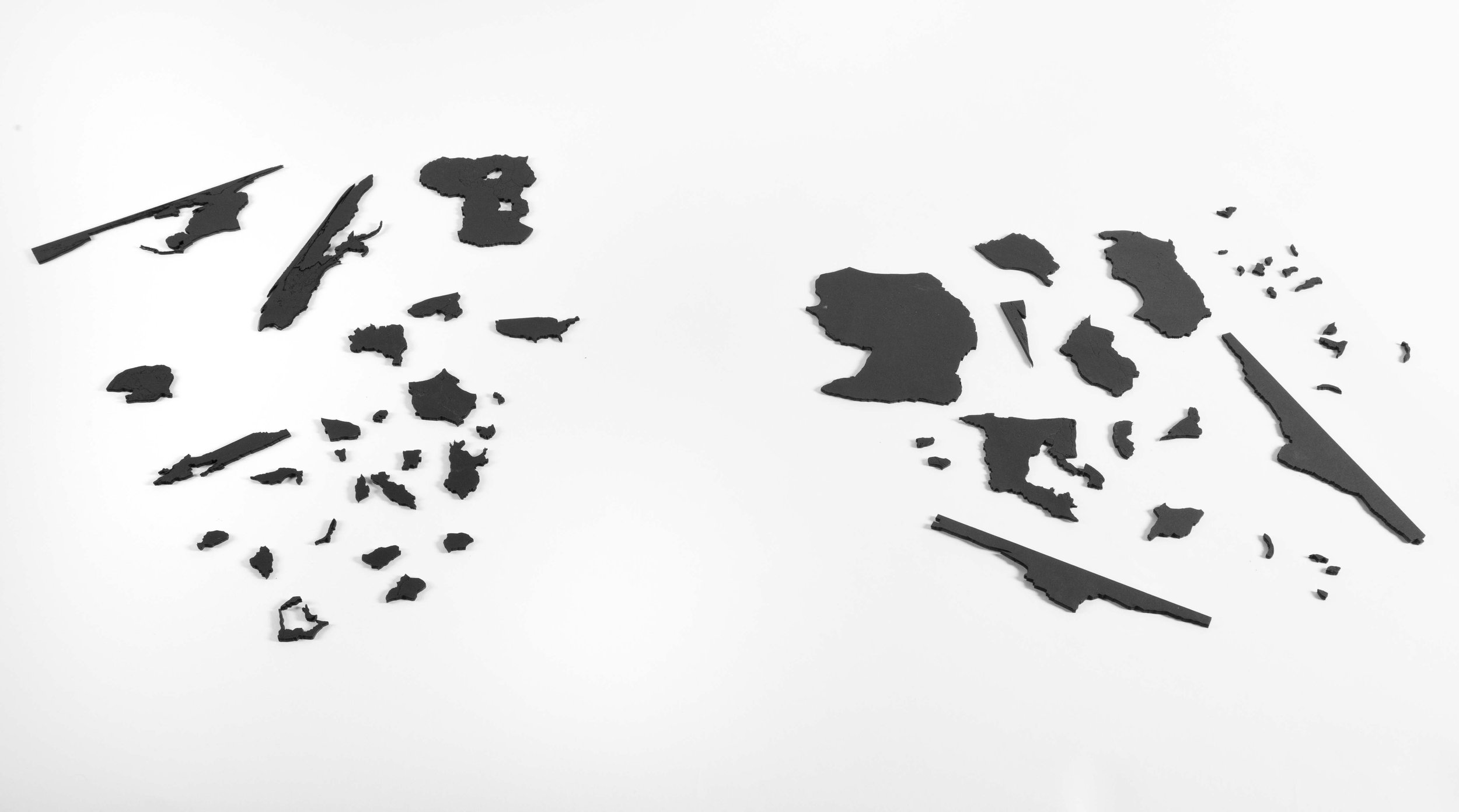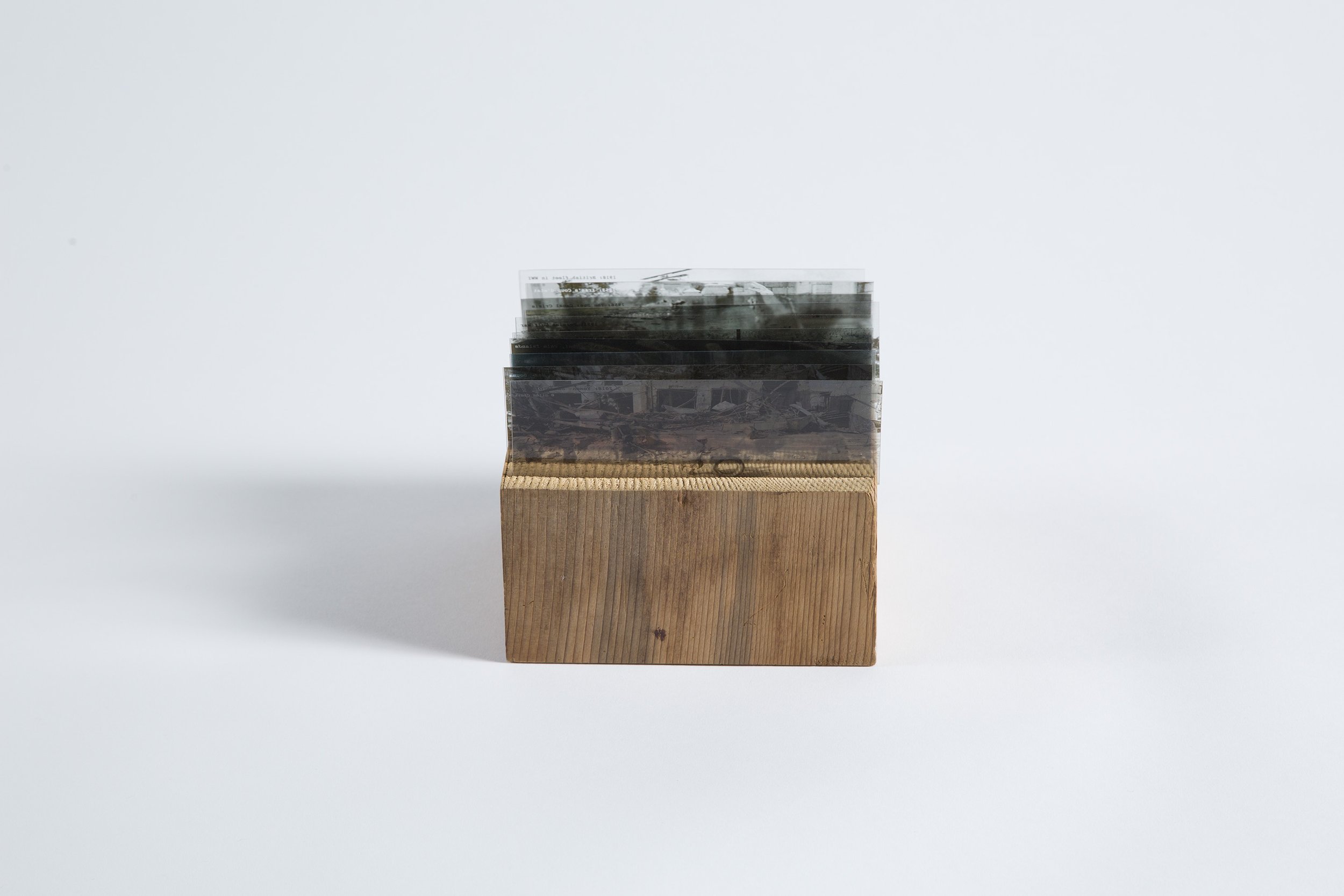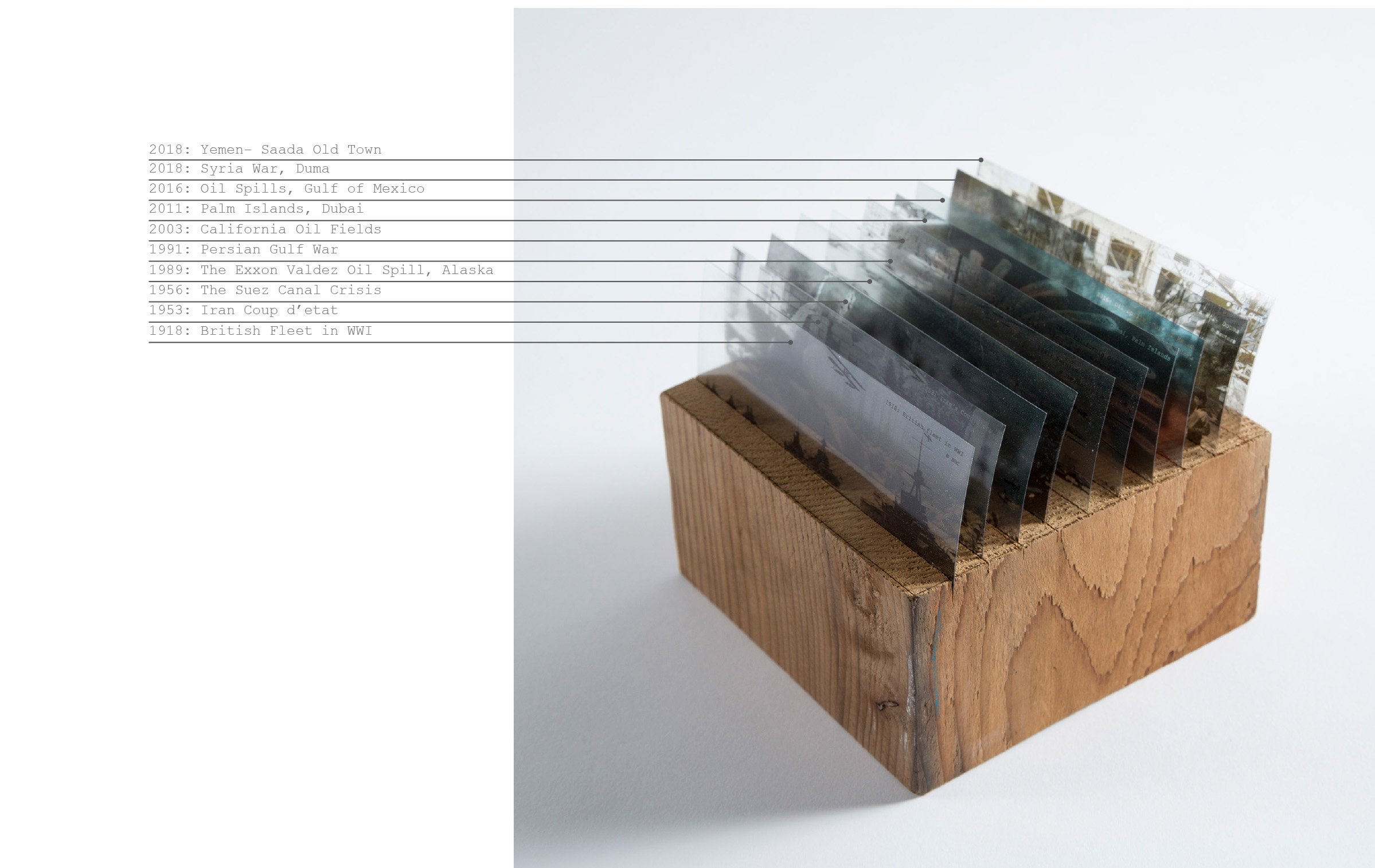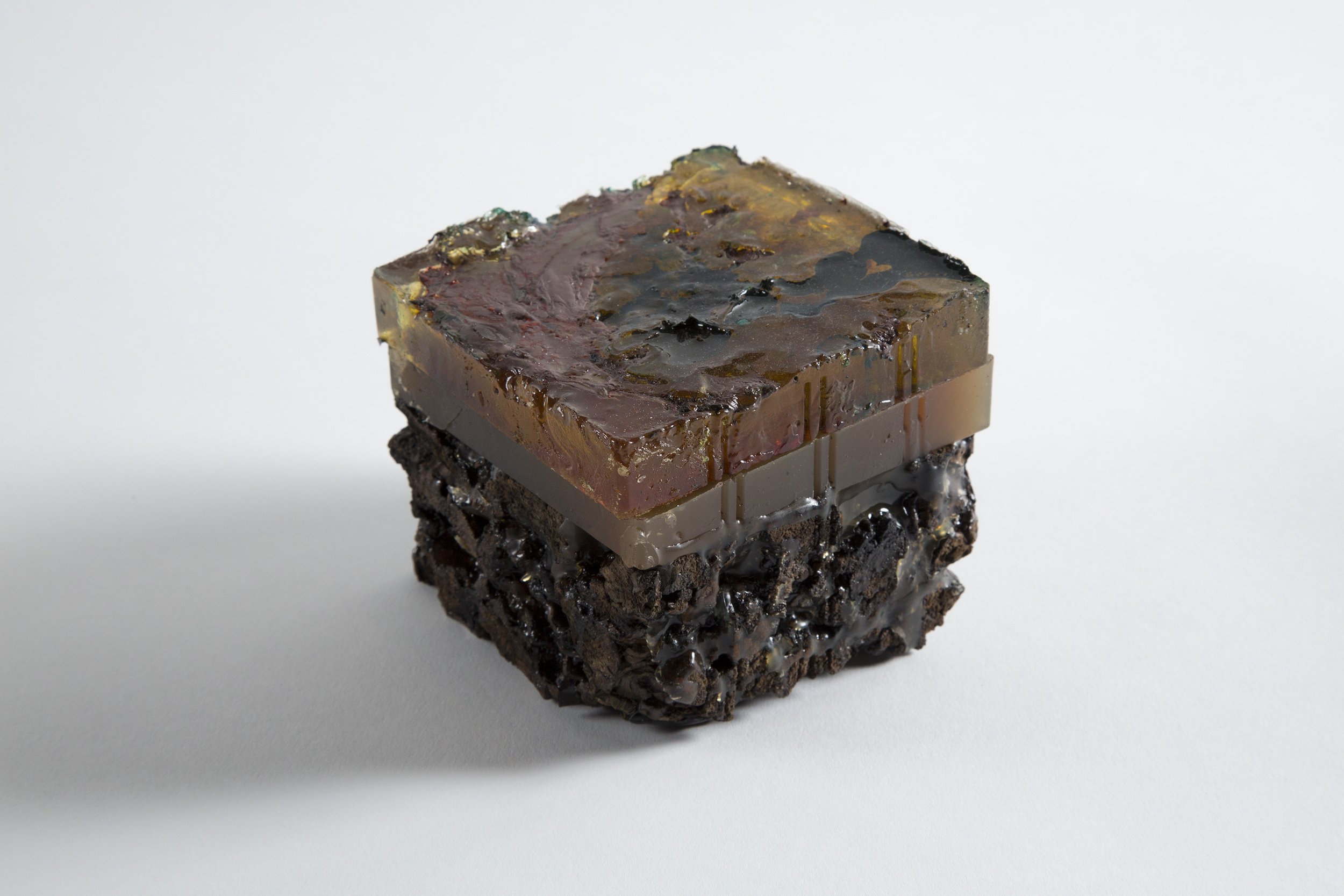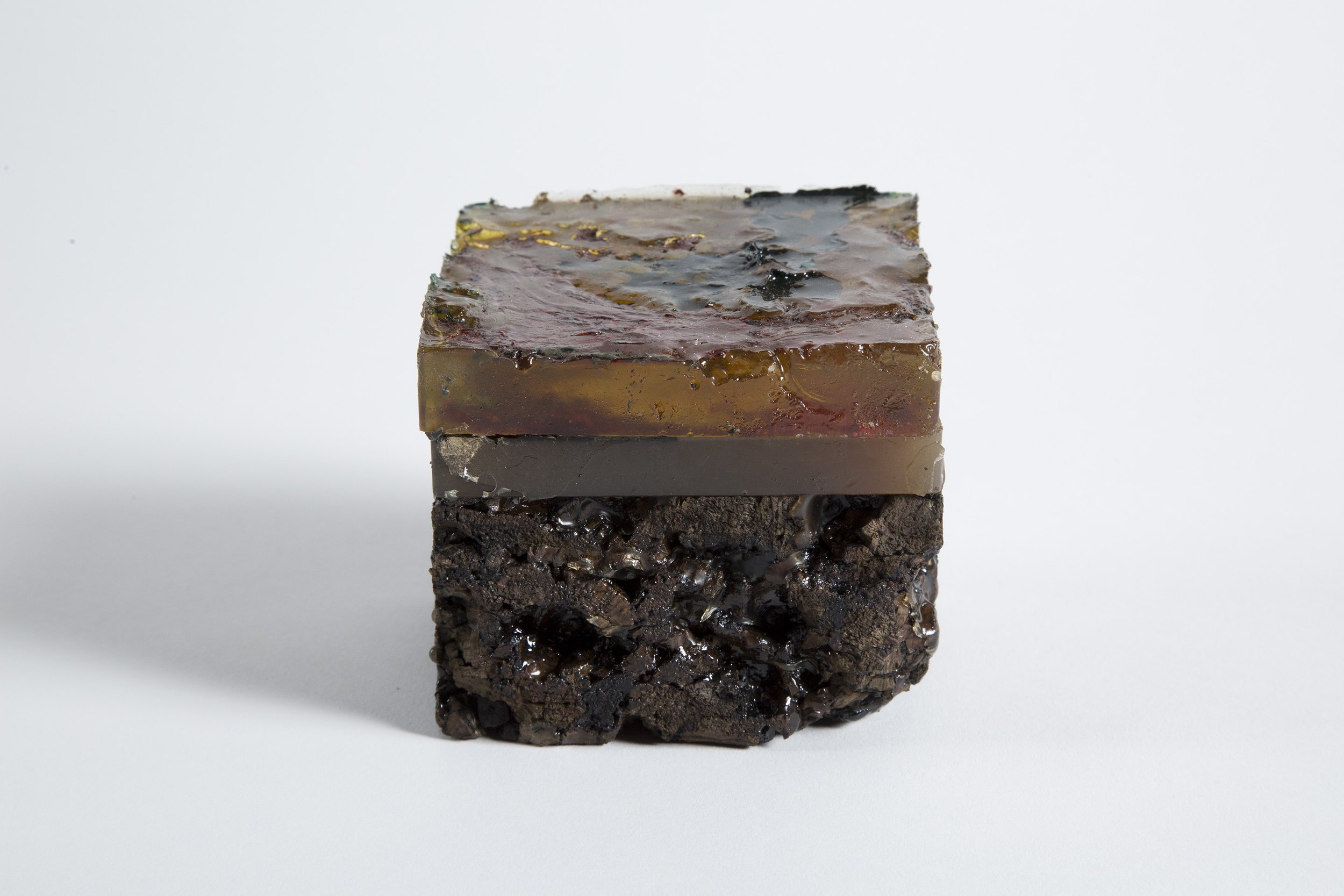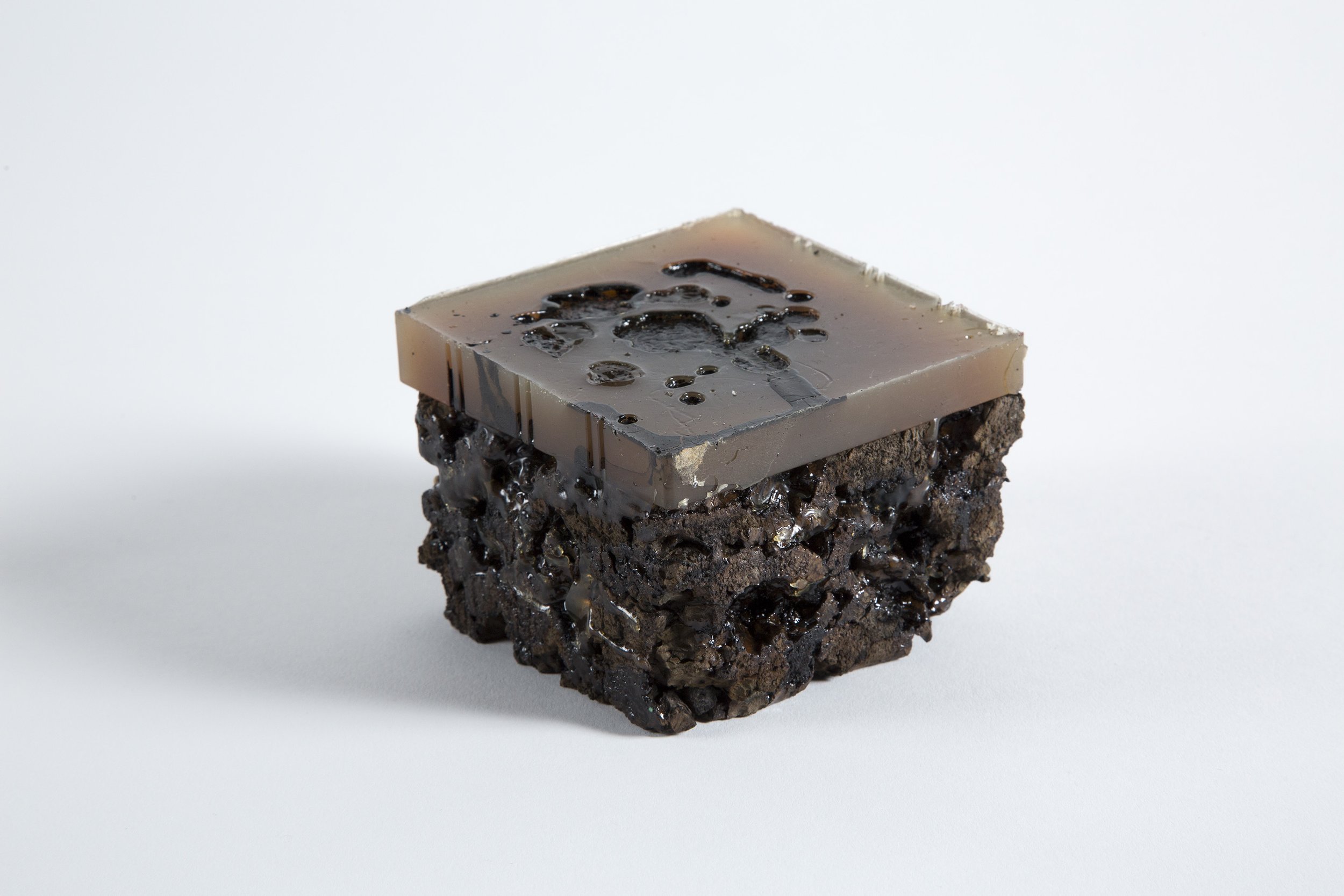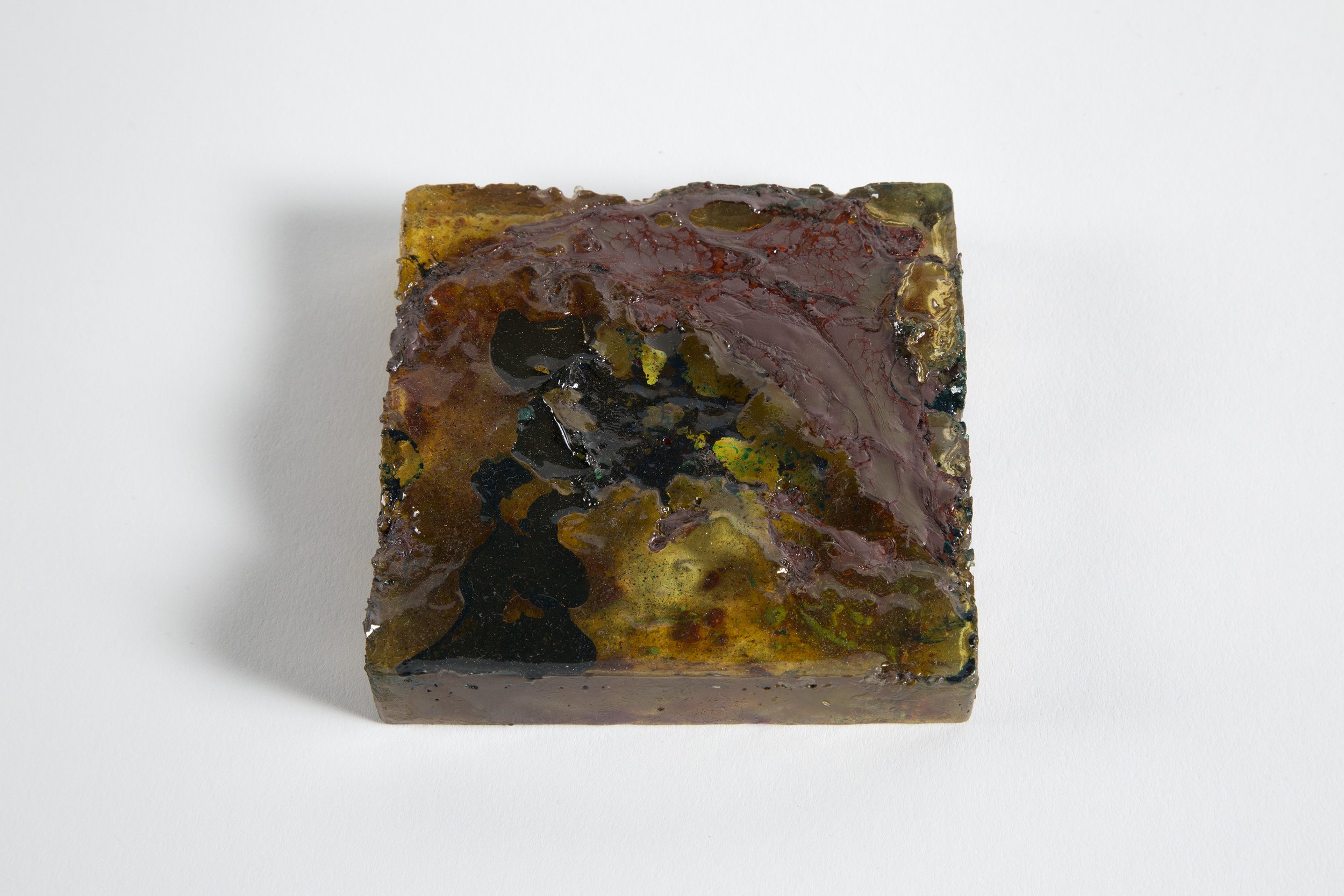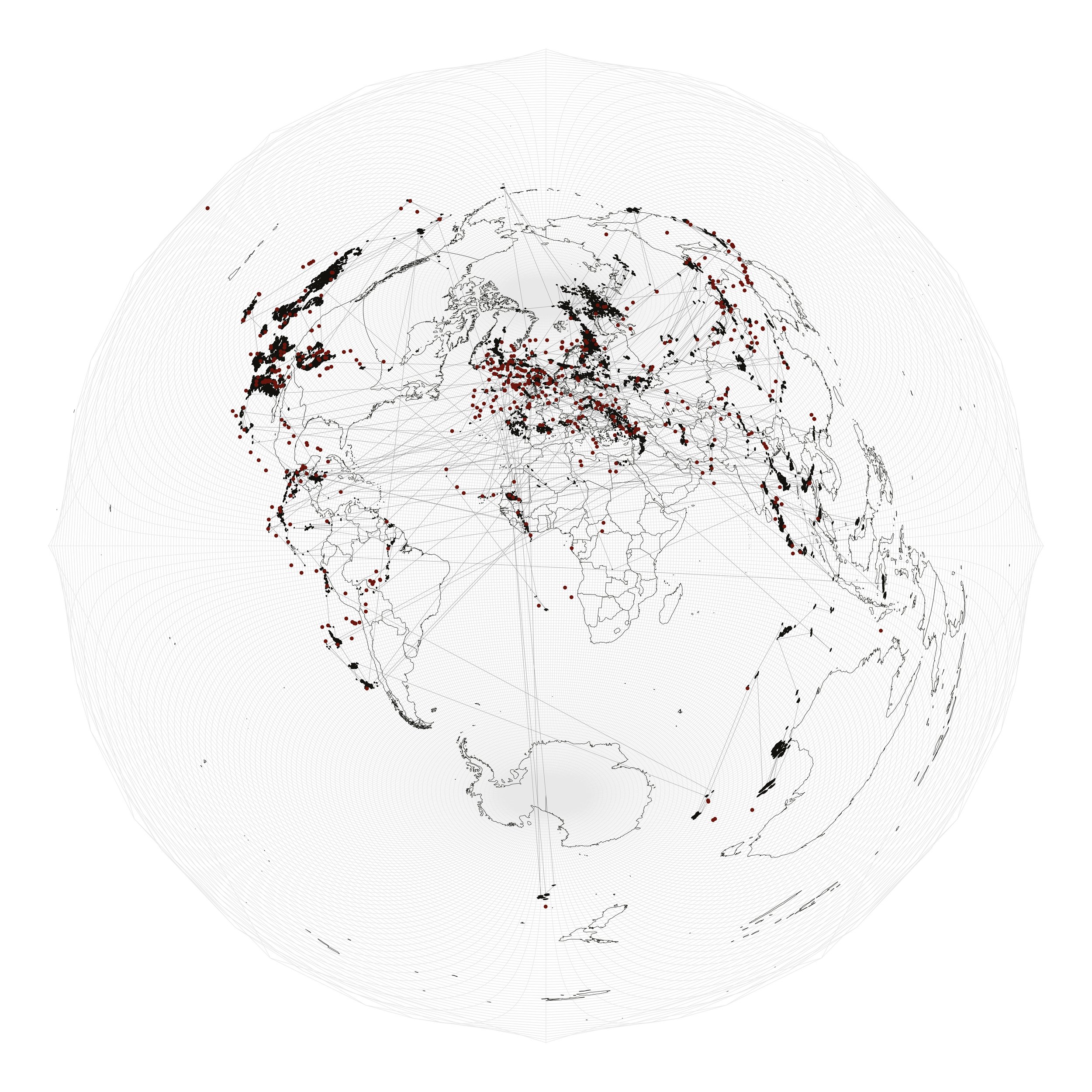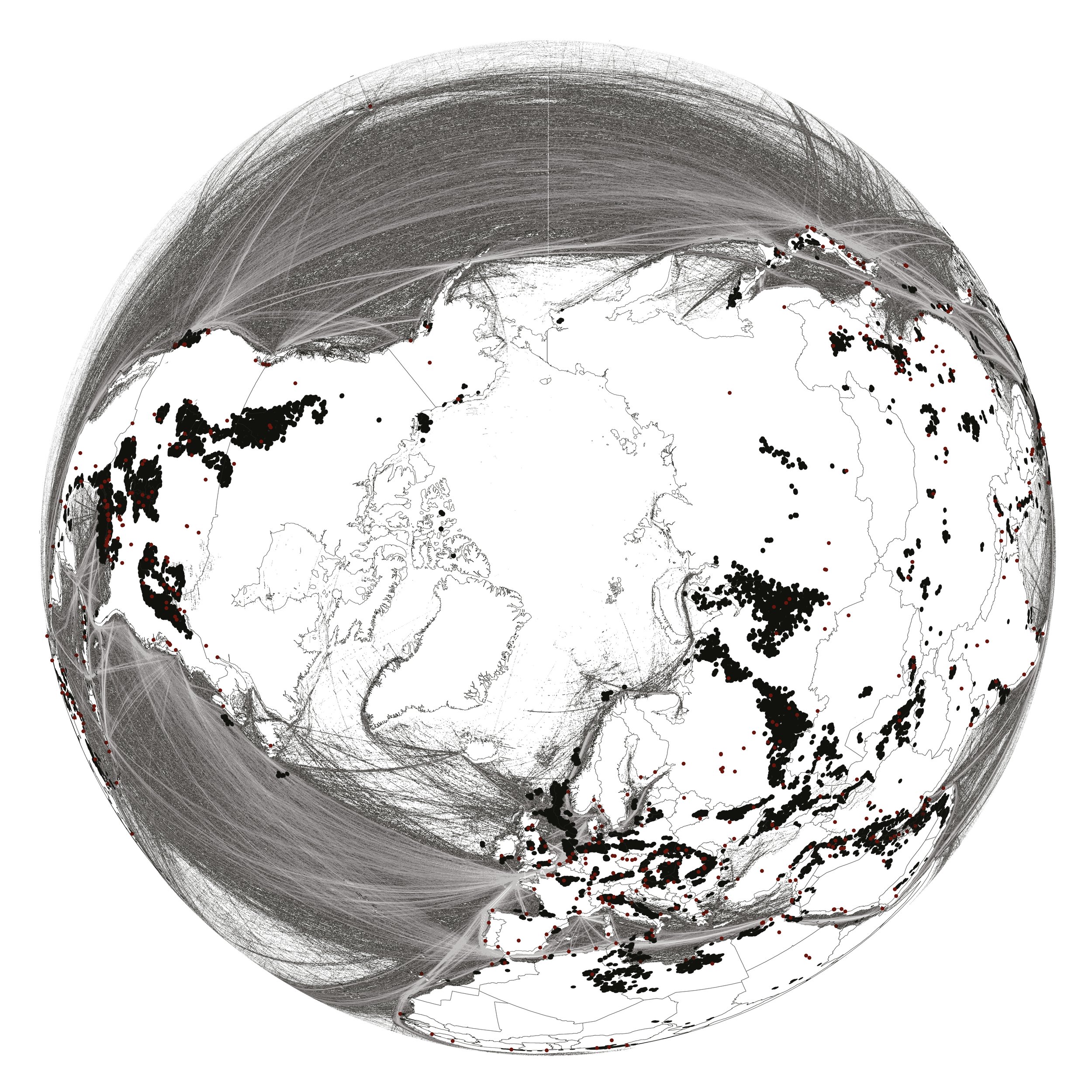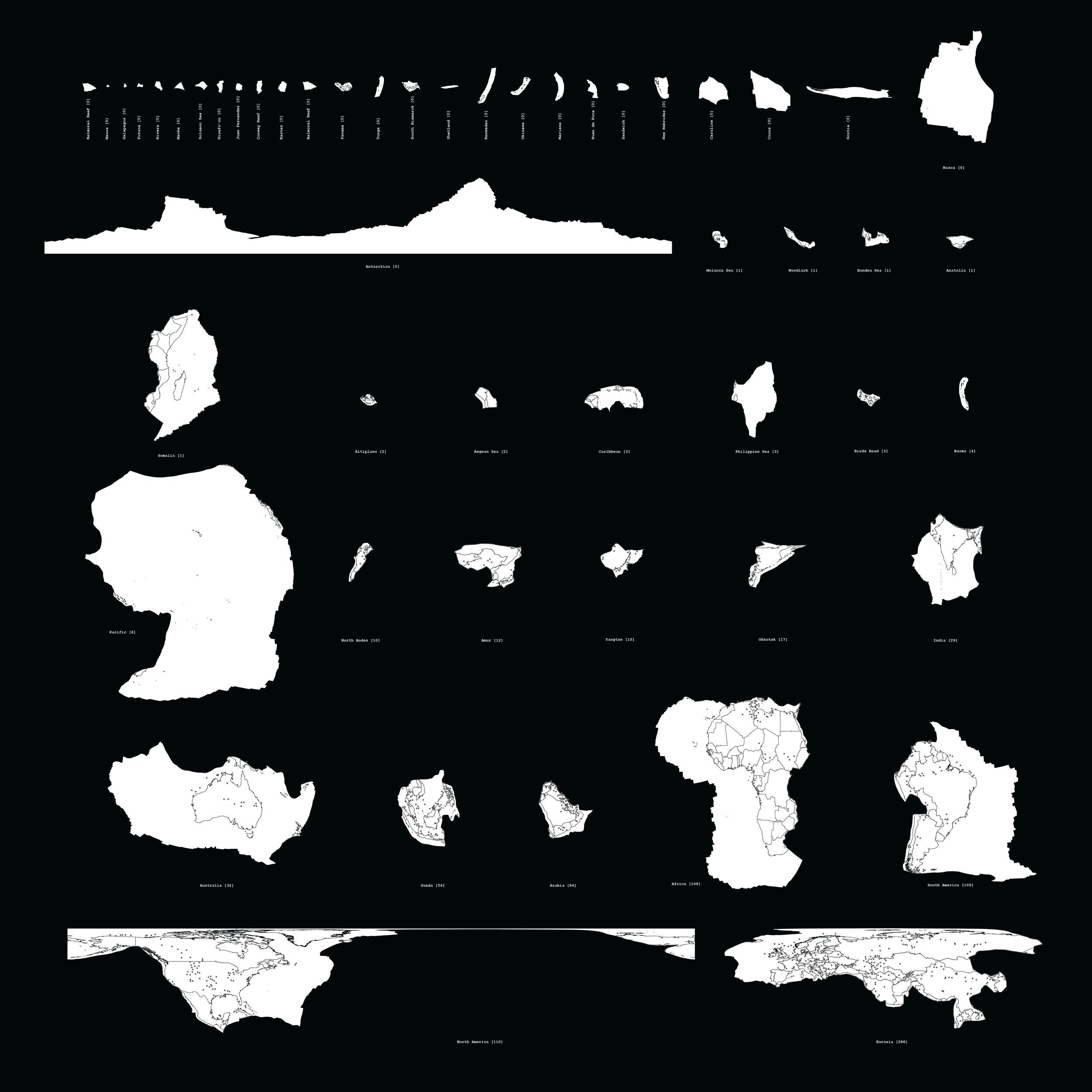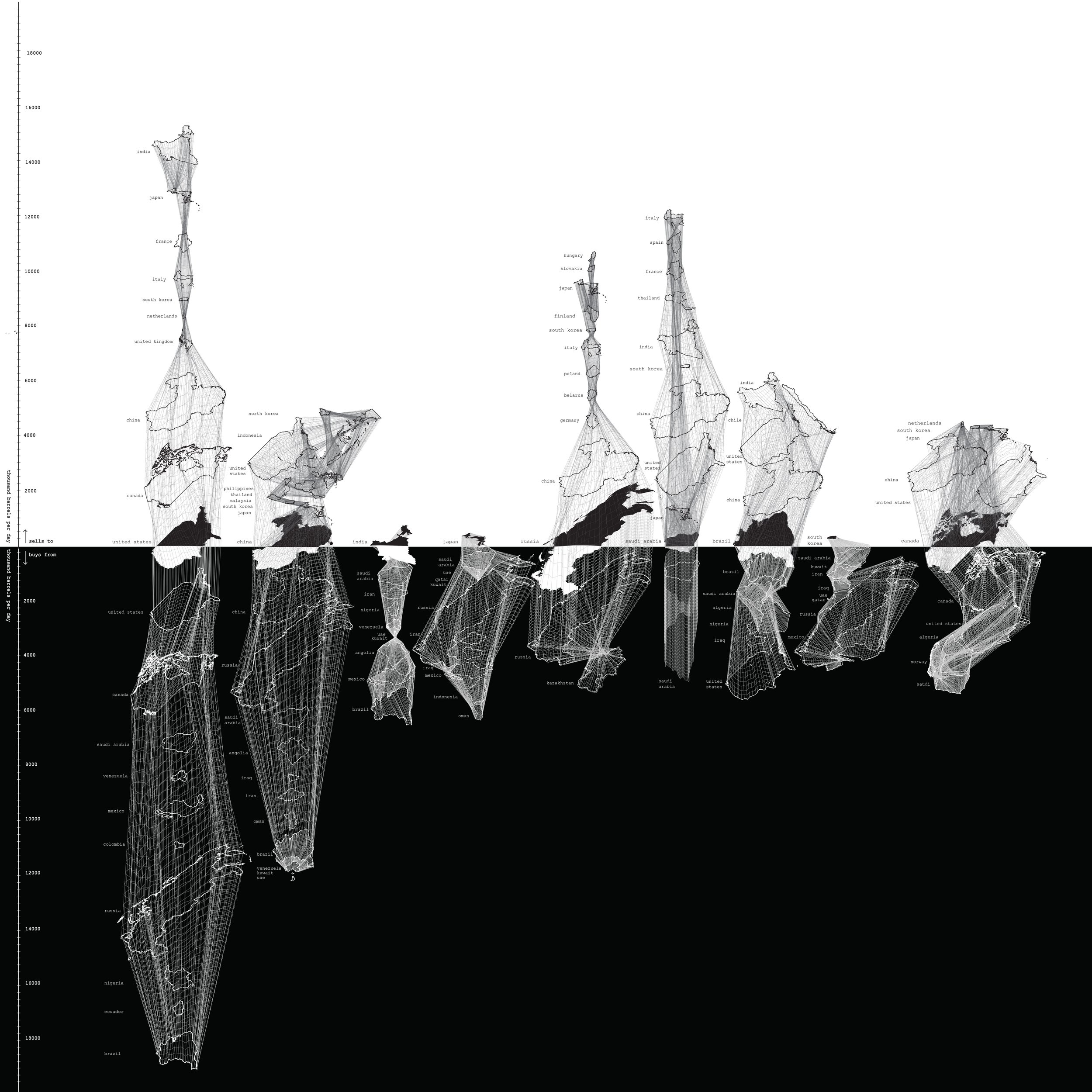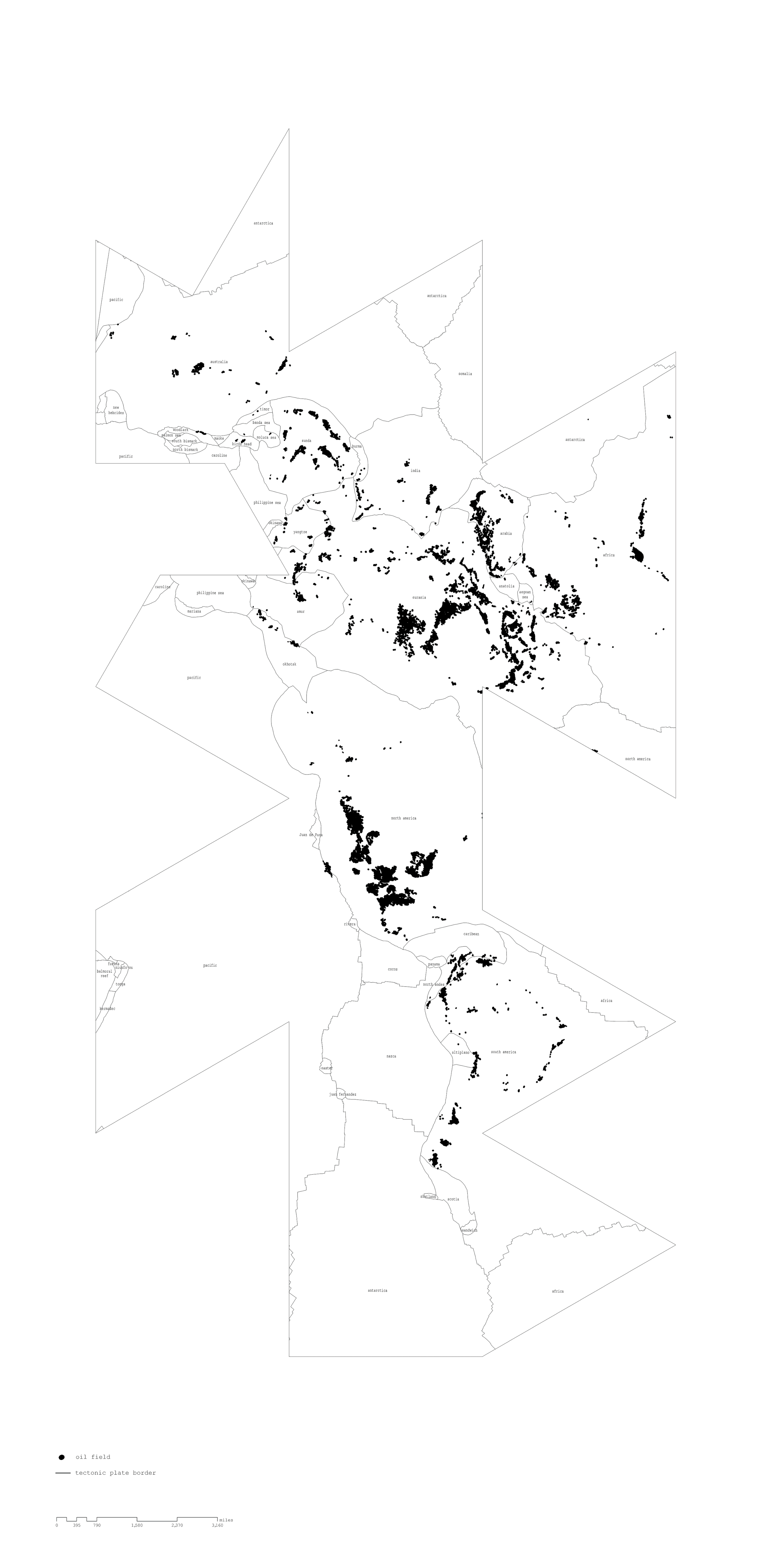[2018]This project delves into the geography and politics surrounding oil. Rather than being a blessing, this valuable natural resource becomes a curse, a rigid territorial determinism in which the presence of oil brings misfortune and disaster. In Oilscapes, global mapping is deployed as an agent to shift the boundaries of oil politics and the corresponding equations of power and economics.
Oilscapes implicitly raises the question of how mapping as an architectural tool can push the boundaries of spatial understanding of a phenomenon and consequently expose and activate the political dimension of architecture.
The work is activated through sequences of maps [in two chapters] that outline the spatial trajectories of oil consumption and production. The first maps out natural borders, geo-political boundaries, and spatial trajectories of oil extraction and exploitation protagonists. In the second chapter, as a critique of the geographic determinism that entails the oil curse and its specific co-dependencies, the globe is considered a designable space. In this speculative situation, fragments of tectonic plates become a design tool for imagining an alternate configuration of the globe. Using this representational process, the objective of this thesis project is to explicitly re-map oil co-dependencies, considering correlations between physical borders of tectonic plates and geo-political borders.
TWO CRITICAL CHAPTERS:
Mapping of natural borders, geo-political boundaries, and spatial trajectories of the protagonists of oil extraction and exploitation
Mapping as a critique of the geographic determinism that entails the oil curse and its specific co-dependencies





















